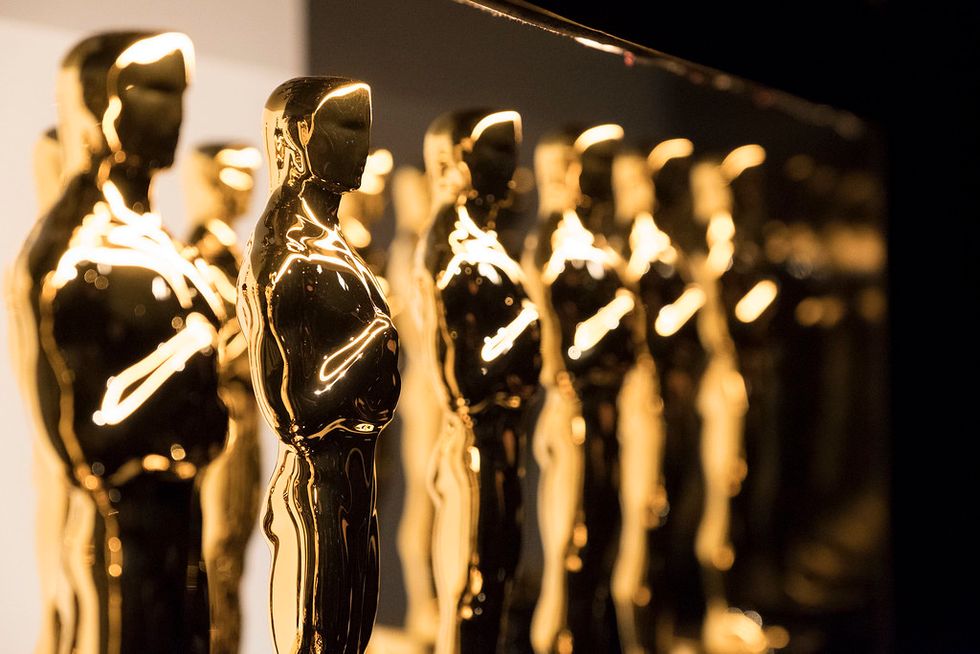The recent announcement of this year's Oscar nominees created controversy and, for many, was extremely disappointing in terms of diversity among nominees. All five of the nominees for best director are male, and of all 20 actors and actresses nominated for an Oscar, only one is a person of color.
Some may argue that the Oscar nominations should be based solely on quality and not diversity. Ideally, that would be how the nominations worked, but implicit bias, as well as who is making these nominations, needs to be taken into account. The presence of this bias becomes particularly apparent when comparing this year's Oscar nominations to those of other award shows, such as the Golden Globes and Critics' Choice Awards.
For example, "The Farewell" was completely shut out of the Oscar nominations, despite having received multiple nominations at other awards shows: Awkwafina won a Golden Globe for best actress in a musical or comedy and was nominated for best actress at the Critics' Choice Awards, Lulu Wang was nominated for best original screenplay, and Zhao Shuzhen was nominated for best supporting actress, among other nominations that the film received. Eddie Murphy, who was nominated for best actor at both the Golden Globes and Critics' Choice Awards, did not receive an Oscar nomination. Lupita Nyong'o, who received nominations for best actress at the Critics' Choice Awards and the SAG Awards, also did not receive an Oscar nomination. "Little Women" was nominated for best picture at the Oscars, among other awards, but Greta Gerwig did not receive a nomination as the director of the film.
These are just some examples of people of color and women who were snubbed at this year's Oscars. It's not just a matter of the quality of the film or the actors' performance: these were people who were considered frontrunners and received nominations and awards from other awards shows. The Oscars have a history of shutting out women and people of color: in 2015, the hashtag #OscarsSoWhite spread across social media as people began criticizing the Oscars for its lack of diversity. Just last year, many in the Asian American community also criticized the Oscars' lack of nominations for "Crazy Rich Asians" (which had also received multiple nominations from other awards shows), similar to the shutting out of "The Farewell" from this year's Oscars.
Some have also noticed how the films that received the most nominations, such as "Joker," were largely focused on white men. Furthermore, the only acting nomination given to a person of color this year went to Cynthia Erivo for her role as Harriet Tubman: many have criticized how people of color are only nominated when they play specific types of roles, with African Americans receiving nominations for portraying slaves being one example.
The Oscars continue to be problematic in its lack of diversity. Recognition of women and people of color in the film industry is important: recognition at the level of the Oscars can help to further push representation and break down barriers for marginalized groups. With the continuing increase in diversity in popular culture, there is no excuse for the Oscar nominations to continue to snub both women and people of color. The film industry is beginning to change for the better, and the Oscars need to change with it.






















